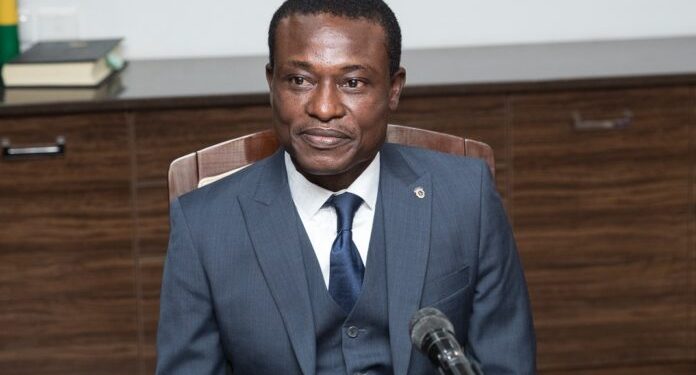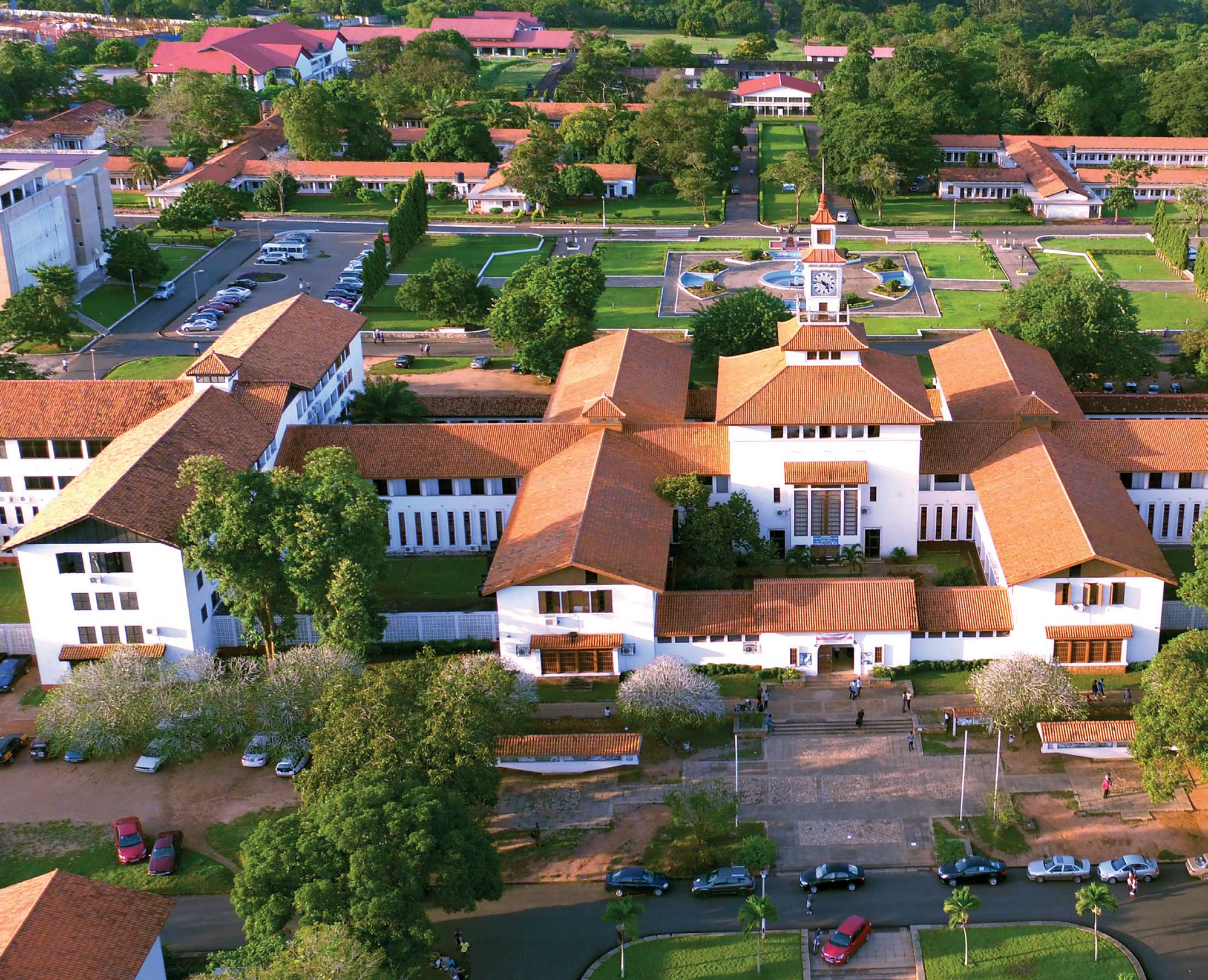Chief Executive of the Ghana Association of Banks, John Awuah, has pushed back against growing calls for constitutional reform, arguing that Ghana’s real challenge lies not in its legal framework, but in a pervasive breakdown of values and accountability.
In a widely discussed post on LinkedIn, Mr. Awuah contended that the Constitution is not to blame for Ghana’s developmental failures, pointing instead to “entrenched impunity, weak law enforcement, and moral decay” as the country’s true obstacles.
“The Constitution does not support corruption, yet we are corrupt,” he wrote. “It has provisions for justice, yet we see injustice.
It abhors crime, yet depending on who you are, you can be a walking criminal on our streets.”
While acknowledging the merit of ongoing constitutional review processes, Mr. Awuah cautioned against the temptation to scapegoat the 1992 Constitution for issues that stem from systemic failure to uphold and enforce existing laws.
He cited global examples of countries with no written constitution yet thriving democracies—achieved through strong institutions, legal precedents, and cultural norms.
“Our problem is not the document, but what people choose to do with it,” he noted.
“Even if we had a constitution written by God, a bad leader would still find clauses to pursue personal interest and misrule.”
In his blunt assessment, Mr. Awuah declared that Ghana’s top three problems are:
“1) Corruption, 2) Corruption, 3) Corruption.”
He argued that in functional societies, citizens do the right thing not because they are inherently more virtuous, but because the system punishes wrongdoing swiftly and consistently.
“They don’t enjoy paying rent or loans,” he said, “but they fear being locked out of the system. Their laws know no personalities, only the law.”
Mr. Awuah urged Ghanaians to focus on a national reset of values, beginning with consistent application of existing laws.
He expressed concern over what he described as a “reverse law syndrome,” where wrongdoers are empowered, and those who act rightly are mocked or sidelined.
“We are our own demons,” he wrote. “A lot of good can be done with a bad constitution, and a lot of bad can be done with a good constitution.”
His remarks come at a time when constitutional reform is being debated as a pathway to deepen democratic governance and address long-standing structural bottlenecks.
But Mr. Awuah’s intervention adds a powerful counterpoint: that law without integrity is law without power.
Source: Myxyzonline.com





